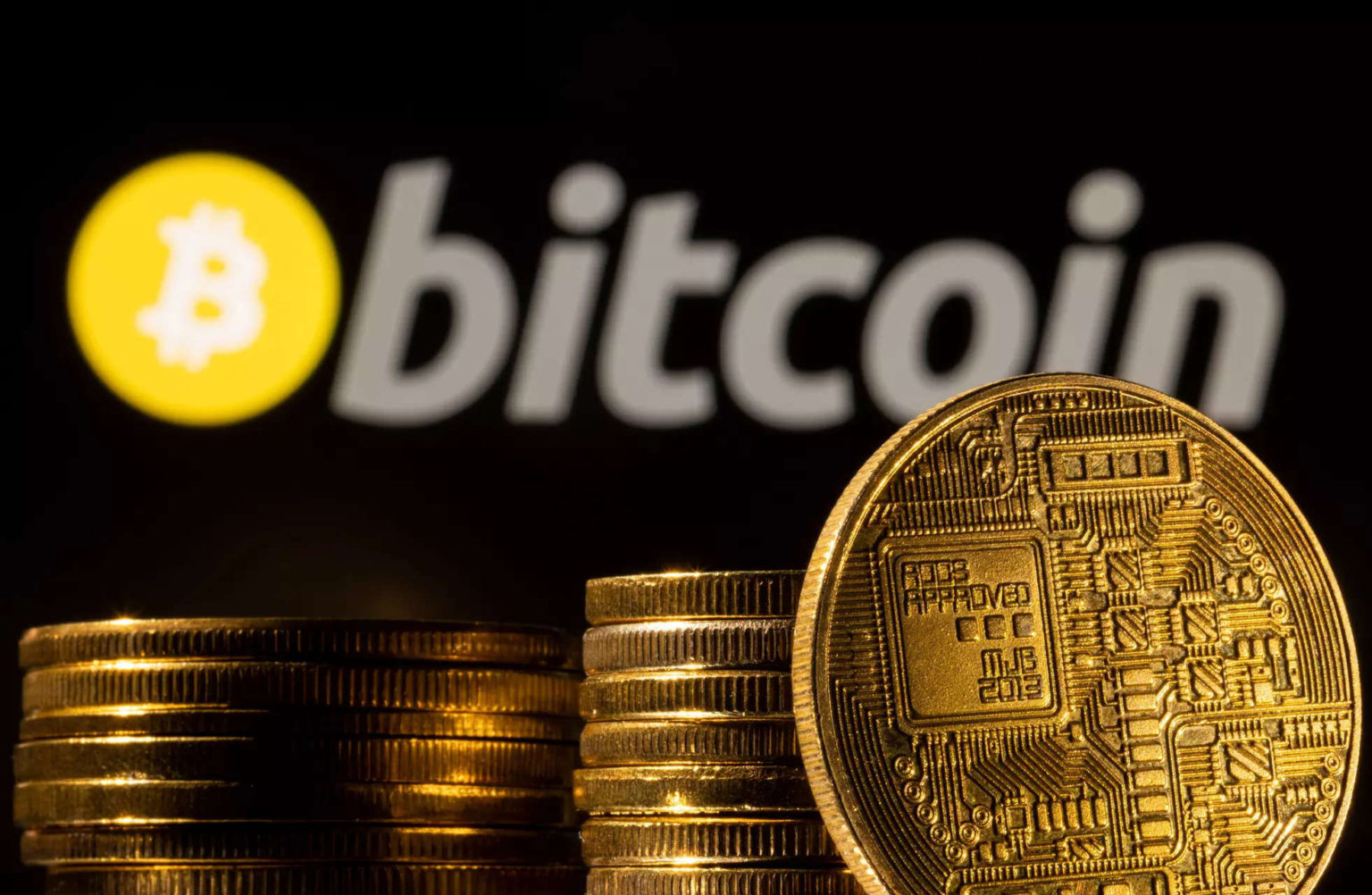|
Getting your Trinity Audio player ready...
|
Bitcoin, the world’s largest cryptocurrency, reached its highest price of the year on Friday following a legal victory that ruled XRP, another cryptocurrency, not to be a security. A U.S. judge’s decision in a lawsuit brought by the U.S. Securities and Exchange Commission (SEC) stated that Ripple Labs Inc, the company behind XRP, did not violate securities law by selling the token on public exchanges. This marked the first win for a cryptocurrency company in an SEC lawsuit and sparked optimism among crypto investors that other cryptocurrencies may also be exempt from securities classification.
Bitcoin surged to $31,818, its highest level since June 2022, before retreating slightly to trade around $31,235. The second-largest token, ether, also had a strong session, and XRP skyrocketed 73% on Thursday following the favorable court ruling.
The decision regarding XRP being legally sold on public crypto exchanges was viewed as a precedent-setting event. Market participants believe it provides clarity to Ripple stakeholders and indicates a changing regulatory environment that could have positive implications for the crypto industry as a whole. The ruling comes as cryptocurrencies are recovering from a tumultuous period marked by price declines, bankruptcies, and regulatory scrutiny.
While China has implemented strict regulations effectively banning cryptocurrencies, the United States has been actively pursuing regulatory measures to protect investors and ensure compliance. The collapse of crypto exchange FTX and subsequent investigations into fraud allegations against its founder, along with lawsuits faced by major players like Coinbase and Binance, have heightened regulatory efforts to rein in the sector.
Despite these challenges, crypto investors have found solace in recent positive developments. BlackRock, the world’s largest asset manager, filed to launch a bitcoin exchange-traded fund (ETF), and exchange operator Cboe refreshed its filing for a similar fund to be managed by asset manager Fidelity. These moves indicate growing institutional interest and confidence in the cryptocurrency space.
Furthermore, the weakening U.S. dollar has also contributed to the positive sentiment surrounding cryptocurrencies, as they are often viewed as alternative investments that can benefit from a depreciating fiat currency.
The recent series of positive news and regulatory clarity has injected momentum into the crypto market, prompting optimism among investors. However, the industry remains subject to ongoing regulatory scrutiny, and market participants must navigate the evolving landscape to ensure compliance and protect investors’ interests.
As the crypto market continues to evolve, it will be crucial for regulators to strike a balance between safeguarding investors and fostering innovation in the burgeoning cryptocurrency industry. The outcome of ongoing regulatory efforts and legal battles will shape the future trajectory of cryptocurrencies and influence their acceptance in mainstream finance.
The acceptance of cryptocurrencies in mainstream finance has been a topic of significant debate and discussion. While the recent legal victory for XRP provides some optimism for crypto enthusiasts, broader acceptance and integration into traditional financial systems still face challenges and uncertainties.
One of the key hurdles for cryptocurrencies to gain wider acceptance is regulatory clarity. Governments and regulatory bodies across the globe are grappling with how to regulate and supervise the rapidly evolving cryptocurrency market. The lack of a consistent regulatory framework and the potential for illicit activities, fraud, and market manipulation have raised concerns among regulators. As a result, many jurisdictions have implemented or are considering measures to enhance investor protection, prevent money laundering, and ensure the stability of financial markets.
Another critical aspect of mainstream acceptance is the involvement of institutional investors. While some major financial institutions have started to dip their toes into the cryptocurrency space, others remain skeptical due to concerns about price volatility, security risks, and regulatory uncertainty. However, the growing interest from institutional players, as evidenced by the filing for Bitcoin ETFs and the participation of prominent asset managers, suggests a gradual shift in sentiment and the potential for increased institutional adoption.
For cryptocurrencies to become widely accepted in mainstream finance, they need to address fundamental challenges such as scalability, transaction speed, and energy consumption. Bitcoin, for example, has faced criticism for its high energy consumption and the environmental impact of its mining operations. The development of more sustainable and efficient blockchain technologies and the implementation of scaling solutions are crucial to address these concerns and enhance the viability of cryptocurrencies as a practical medium of exchange and store of value.
Additionally, user-friendly and secure infrastructure is essential for mainstream adoption. Improvements in cryptocurrency wallets, exchanges, and payment solutions are necessary to ensure a seamless and secure user experience. The industry has made significant progress in this regard, but further advancements are needed to build trust among retail users and facilitate widespread usage.
Lastly, education and awareness play a pivotal role in driving mainstream acceptance. Many people are still unfamiliar with cryptocurrencies and the underlying blockchain technology. Enhancing financial literacy, addressing misconceptions, and providing user-friendly educational resources can help bridge the knowledge gap and foster greater understanding and confidence in cryptocurrencies.
While the recent legal victory for XRP provides a positive development for the crypto industry, achieving widespread acceptance in mainstream finance requires addressing regulatory concerns, increasing institutional involvement, overcoming technical limitations, improving infrastructure, and enhancing public awareness. The journey toward mainstream adoption may be gradual, but continued innovation, collaboration between industry stakeholders and regulators, and the evolution of best practices will contribute to the maturation of the cryptocurrency ecosystem.
